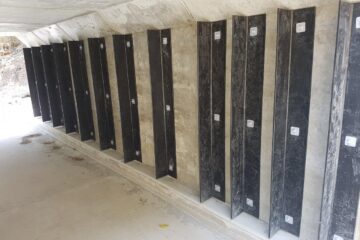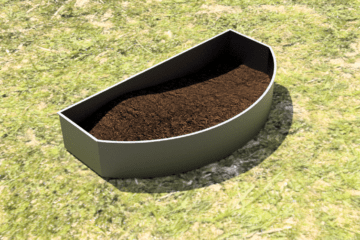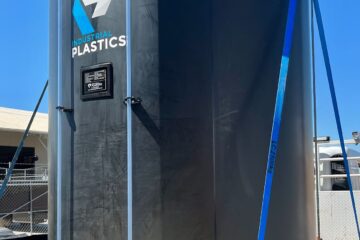Industrial Plastics understands that when it comes to storage, one size and style does not fit all. We’ve been listening to our customers across a wide range of industries, which has led us to design custom tanks for specialised uses. Insulated Glycol tanks are one of the specialised tanks we provide to our customers in a variety of industries for their heating & cooling systems.

We’ve been meeting the needs of our HVAC customers by providing energy-efficient insulated glycol storage tanks for their chiller systems, which are then used in a variety of industries and establishments throughout Australia. These include the industries listed below:
- Dairy & Meat
- Food & Beverage
- Cosmetic and oral hygiene products
- Breweries and distilleries
- Cold storage facilities
- Pharmaceutical
- Chemical plants
- Polymer manufacturing
We have been able to manufacture energy-efficient insulated tanks ranging from 500 Litres to 45 Kilolitres by combining best-in-class insulation material with seamless tank design. The insulation material we use, when paired with cladding, will prevent heat loss or gain, allowing the stored liquid to keep a steady temperature while consuming less energy.
Based on your project requirements we can nominate the thickness of insulation based on the volume and location of the tank (Indoor/ outdoor).
What exactly is Glycol, and why is it so crucial in HVAC systems?
Glycol is a class of organic compounds belonging to the alcohol family. Compounds of glycol such as Ethylene glycol and propylene glycol find applications in various industries.
Ethylene glycol is an odourless, colourless, viscous liquid that is mostly used as antifreeze in automobile cooling systems and as a raw material in the manufacture of polyester fibres. It is mildly toxic and cannot be used in food and beverage industry applications.
On the other hand, Propylene Glycol which resembles Ethylene glycol in its physical properties is extensively used in the food & beverage industry, cosmetics and oral hygiene products as it is non-toxic in nature. It is used as a solvent, preservative and moisture-retaining agent. Due to its varied applications, it is manufactured in higher quantities and stored in glycol tanks. Glycol compounds are fluids that are relatively stable and have a low freezing point. They can either be flammable or non-flammable. Most of these compounds, on the other hand, are stable and non-flammable at normal temperatures.
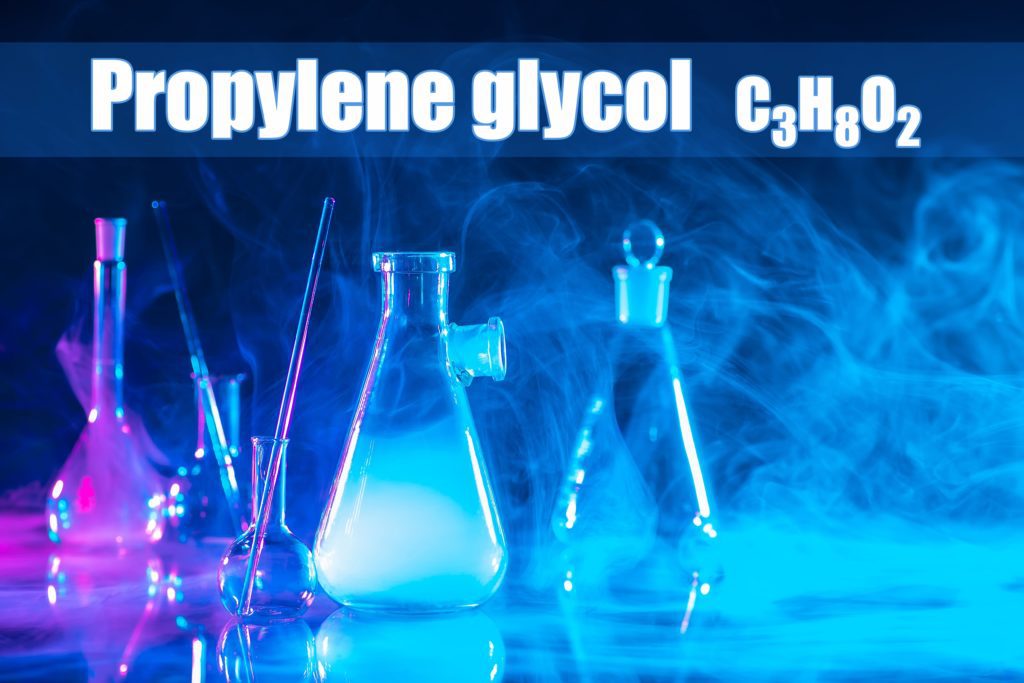
One of the main applications of glycol is that it is used as an antifreeze. It is an additive which when added to water lowers the freezing point of the solution. A mixture of 60% ethylene glycol and 40% water freezes at −45 °C.
This freezing point depression is a necessary property needed in heat transfer applications, such as HVAC chillers. By reducing the freezing point the mixture remains in the liquid phase which is crucial for efficient heat transfer. Antifreeze also prevents the water from freezing and minimises the damage caused to chiller equipment (bursting caused when water expands due to freezing).
HDPE Insulated tanks in Glycol Refrigeration systems
Most of the insulated tanks we have supplied in the past have been used mostly to store food-grade antifreeze propylene glycol 25% concentration at – 5 °C. These are part of specialised refrigeration systems called glycol chillers.
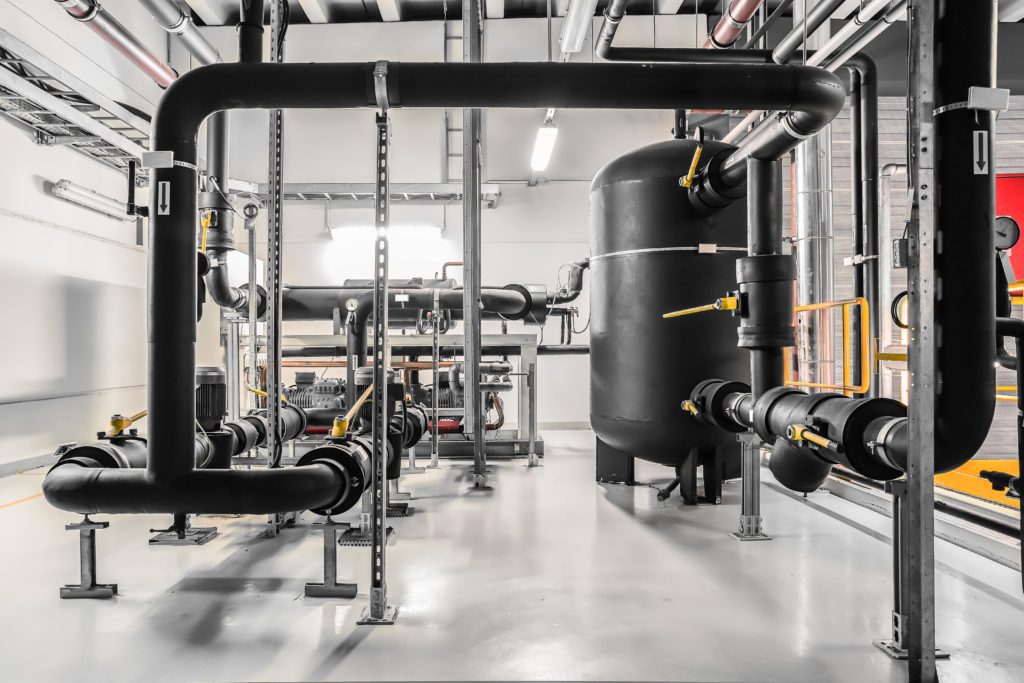
To put it simply we supplied insulated tanks that can store huge volumes of chilled water and food-grade antifreeze to achieve cooling in large Industrial and commercial environments. This glycol, diluted with water enables the chiller system to maintain desired temperatures for food storage and beverage manufacturing.
Glycolic chillers are used to achieve lower temperatures for the products over a short period of time. This rapid cooling is necessary for beverage production and these systems are also used to maintain steady temperatures for food storage.
A chiller is a machine that uses vapour compression or absorption refrigeration to remove heat from a liquid coolant. The liquid is then circulated through a heat exchanger to cool the equipment. When a glycol chiller is placed in a closed-loop system, it cools the glycol in the container and is then pushed through a closed system tubing. This circulated chilled glycol aids in the cooling of everything connected to the system.
Features and other details of Insulated Glycol Tanks
Industrial Plastics insulated tank construction is a multi-layered construction with the core containment made according to DVS 2205 standards. We use a range of cladding materials depending on the size and location of the tank. The insulation material used is superior in providing heat and cold insulation. Features include:
- Lightweight
- Water-resistant
- Airtight
- Cost-effective
- Impervious to mildew, mould, rot, and bacteria
- Superior chemical and grease resistance
- UV resistant
- Superb strength and tear resistance
- Flexible to wrap around circular tanks
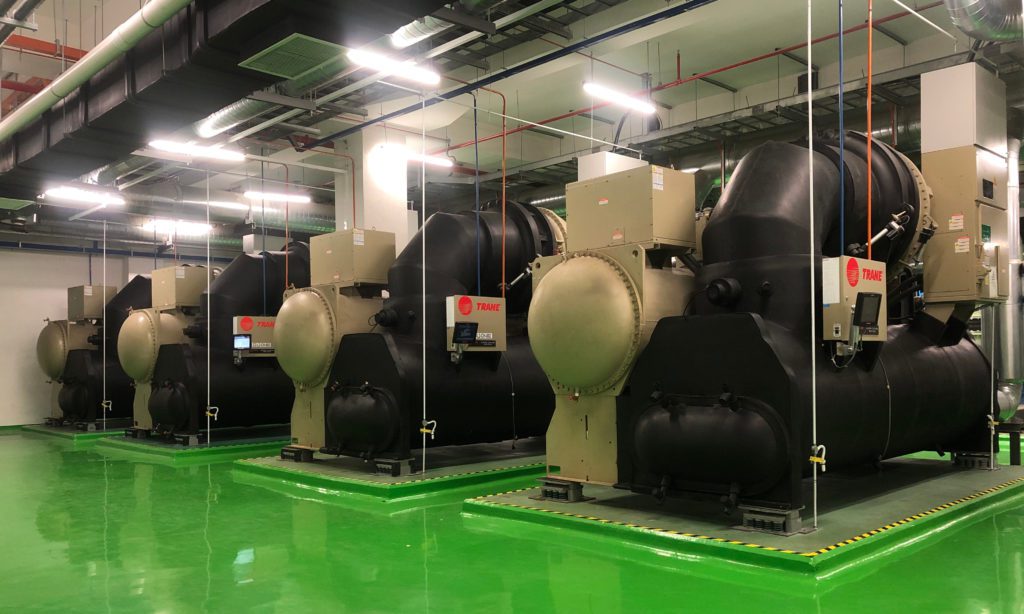
By combining years of tank fabrication experience with superior material selection, we were able to produce insulated tanks for a wide range of applications.
Our Engineers can select the best thickness of insulation based on your project requirements, which when installed by our experienced fabricators will result in tanks which minimise thermal bridging and eliminate the chance of condensation forming on cold tanks. Depending on your needs, we can insulate the top, sides and bottom of the tank.
Factors involved in Insulated Glycol storage tanks manufacturing
Material Selection: We use best in class grades of HDPE sheets specially manufactured for tank construction applications.
Temperature conditions: The glycol storage tanks designed are able to reduce the amount of heat loss or gain, keeping the glycol at the desired temperature range.
Corrosion resistance: Ensure no galvanised material is used as this may lead to corrosion when in contact with glycol. By using HDPE for tank construction, corrosion is no longer an issue.
Testing, inspection and Quality control: Like any other tanks leaving our premises, we perform the hydro tests as per customer specifications and provide all the relevant test reports and quality documentation.
How to procure?

A glycol storage tank is an important aspect of the design for an optimal Glycol refrigeration system. Procuring them from a reliable manufacturer reduces a lot of hassle during later stages of the product lifecycle. Industrial plastics offer insulated glycol tanks with various options in designs and sizes. We can also offer auxiliary piping fabrication for your systems.
If your project requires insulated glycol tanks please contact our technical sales team to assess your requirements. For more information contact us via [email protected] or call 1300 465 888.




















